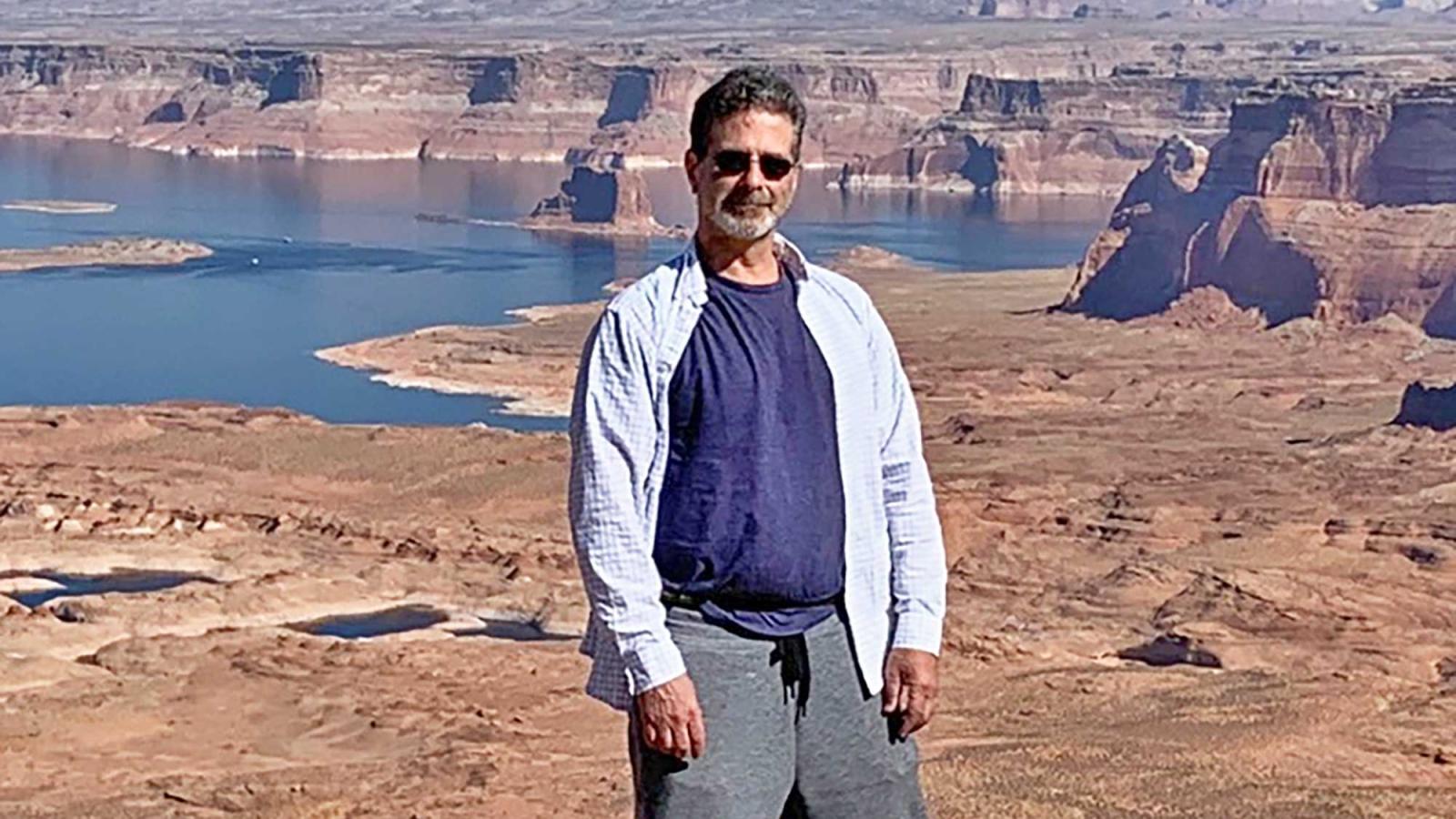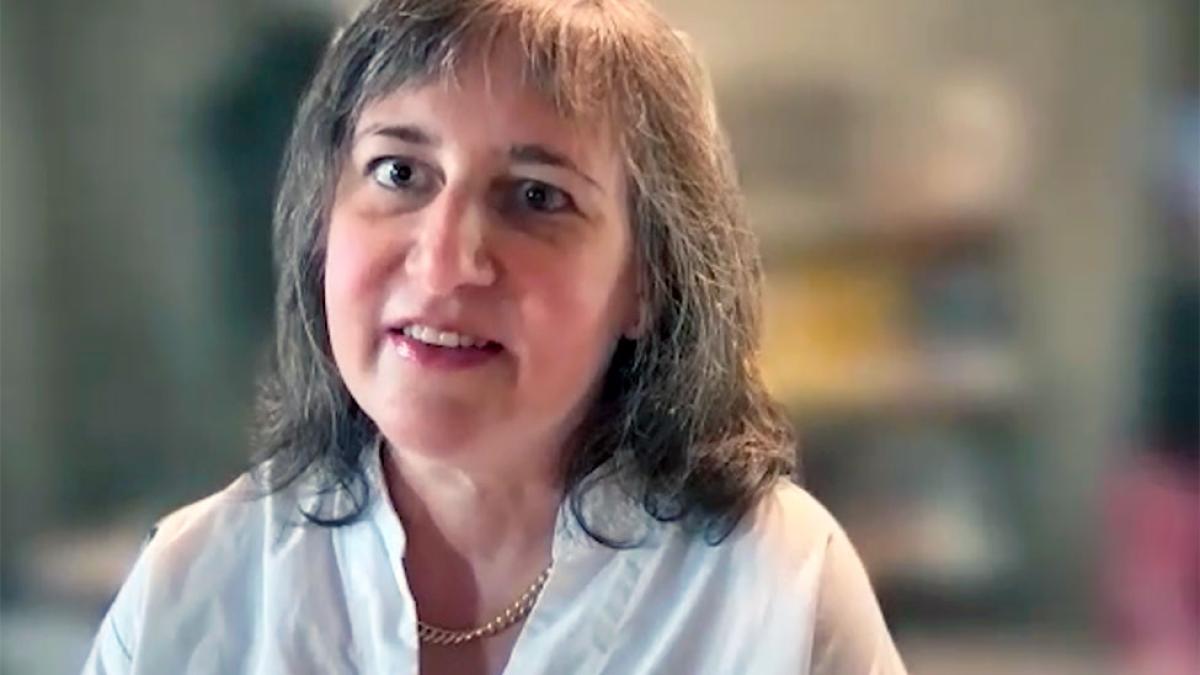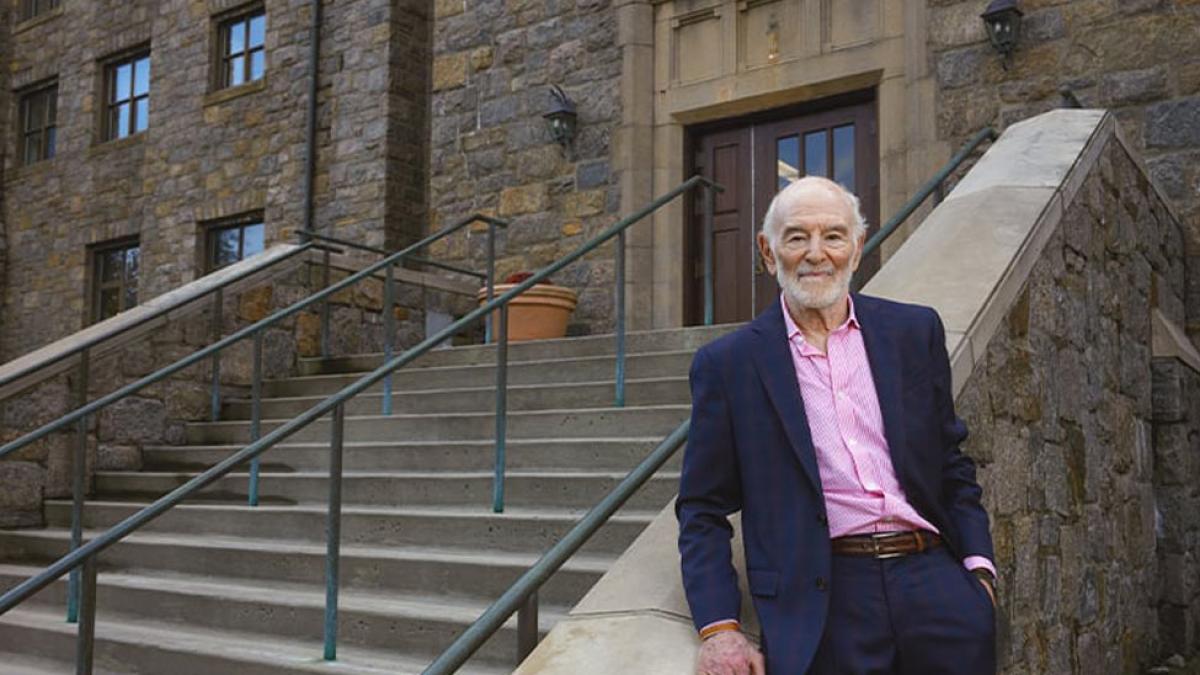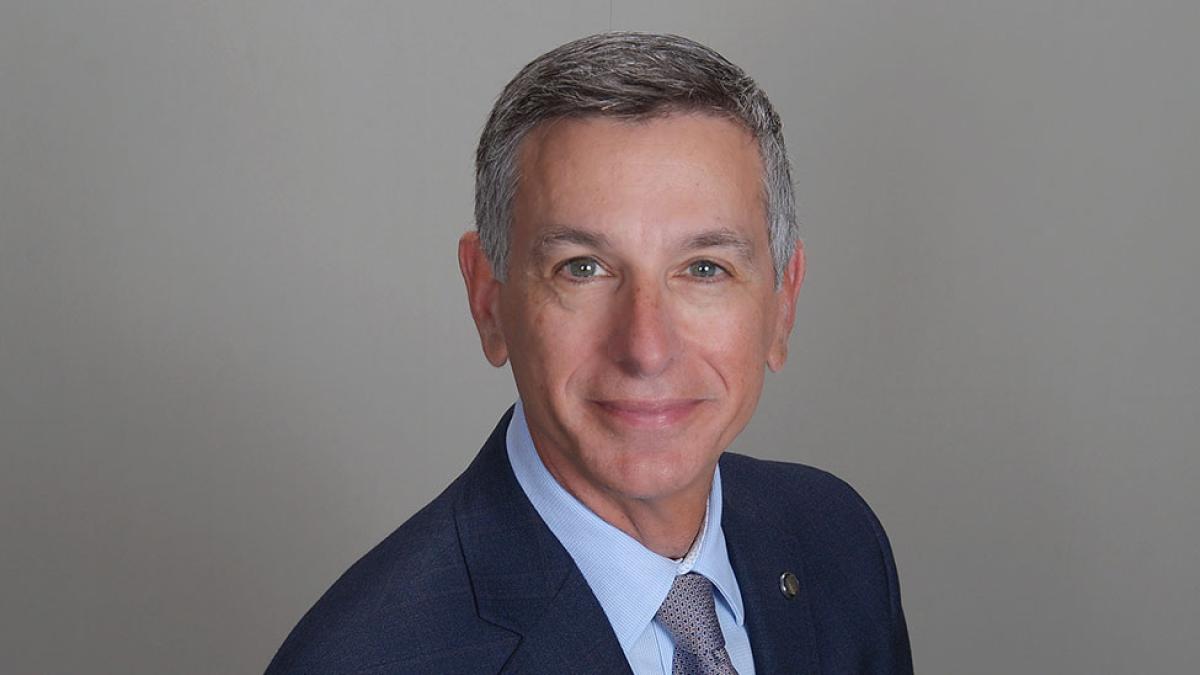Newsweek reached out to Laura Tamman, clinical assistant professor of political science at Pace University, for insight into a recent poll showing Zohran Mamdani in a statistical tie with Andrew Cuomo and Curtis Sliwa. Tamman cautions against reading too much into the findings.
Faculty Focus: Professor David Cassuto

Professor David Cassuto has been a faculty member with the Elisabeth Haub School of Law at Pace University since 2003. He teaches Animal Law, Environmental Survey, Constitutional Law, Property Law, Water Law, Comparative Environmental Law and Professional Responsibility, and is Director of the Brazil-American Institute for Law and Environment (BAILE). But what you might not know about Professor Cassuto may surprise you—learn more in this candid student-led interview.
Can you tell me about your recent work?
My current article focuses on the impact and plight of animals as victims of zoonotic disease. Zoonotic disease is caused in part by the close confinement of animals. The vaccines used for the spread of these diseases are then tested on animals. I’m arguing for changes in the regulatory structure, enforcement of treaties, and the inclusion of more effective treaty provisions. I’m also working with Professor Mushlin on a paper relating to the effects of solitary confinement on animals as well humans.
What inspired your interest and work in animal rights?
I came to animal law via environmental law. In undergrad, I biked across the amazon to raise money for an environmental cause. I saw deforestation and became a vegetarian to live by the rules I preached.
When I came to Haub Law, there was no animal law course being taught. Doing the research in order to teach animal law led me to realize this was more than environmental law. It’s ethics. It’s what legal rights, protections, etc. that animals have or should have. It’s a pressing civil rights issue. Billions of animals a year are tortured to death. I eventually gave up all animal products. Once one becomes interested in animal issues it’s hard to keep it just professional. I also started working with ALDF around that time. I was on the board and now do consulting.
I believe the purpose of the law is to protect the powerless. The powerful don’t need protection. If we look at who is genuinely powerless, animals have no voice. They have no legal voice. It’s difficult to know what happens to these innocent creatures and not want to help protect them as best I can. It is the support of the environmental program that has given me the ability to do this type of work. I feel very lucky to have the support of the institution.
What is your advice for students interested in animal rights?
It’s never been more urgent, wherever one's passion lies in trying to protect lives and living space, we need the help. Bring your passion to the job search and the job, and the jobs will be there.
I heard you’re an Elected Town Justice for a New York township?
Yes, I’ve been a Town Justice in my town since 2008. NYS town justices don’t need to be lawyers and that creates horrible situations, as justices can do things like send people to jail for up to a year and make decisions about what happens to people's property. People who have no business being judges are judges. They asked me to run for justice and I didn’t want to, I’m extremely introverted. However, I tell my kids to give back to their community and I didn’t want to be hypocritical. My mother was my campaign manager and I won on absentee ballots, so this was thanks to her work.
Is it true that you were behind the naming of Strawberry Fields in Central Park?
I was a high school intern at the NY City Council when John Lennon was shot and was completely grief stricken, like many others at the time. The city council person I worked for, Henry Stern, who became the parks commissioner, was open to doing something, and I advocated for the idea. An act of the city council was required. I wrote the bill and part of Sheep Meadow is now named Strawberry Fields.
How do you spend your free time?
I was a professional ski instructor for many years. I grew up skiing and love skiing. My son is moving to Idaho, so I’m optimistic that will mean great things for me. I also love being outside and live on 16 acres. My neighbors are bears and turkeys and that’s how I like it.
Gabriella Mickel authored this Q&A with Professor David Cassuto. Gabriella is a 2023 JD Candidate at Haub Law. She is a Land Use & Haub Scholar, the President of the Environmental Law Society, a Junior Associate on Pace Environmental Law Review, and on the E-Board for NLG, Lambda, and ACS. Outside of school, Gabriella owns three sports supplement stores and is the co-editor of the Law Student Corner section of the NYSBA EELS Journal.


